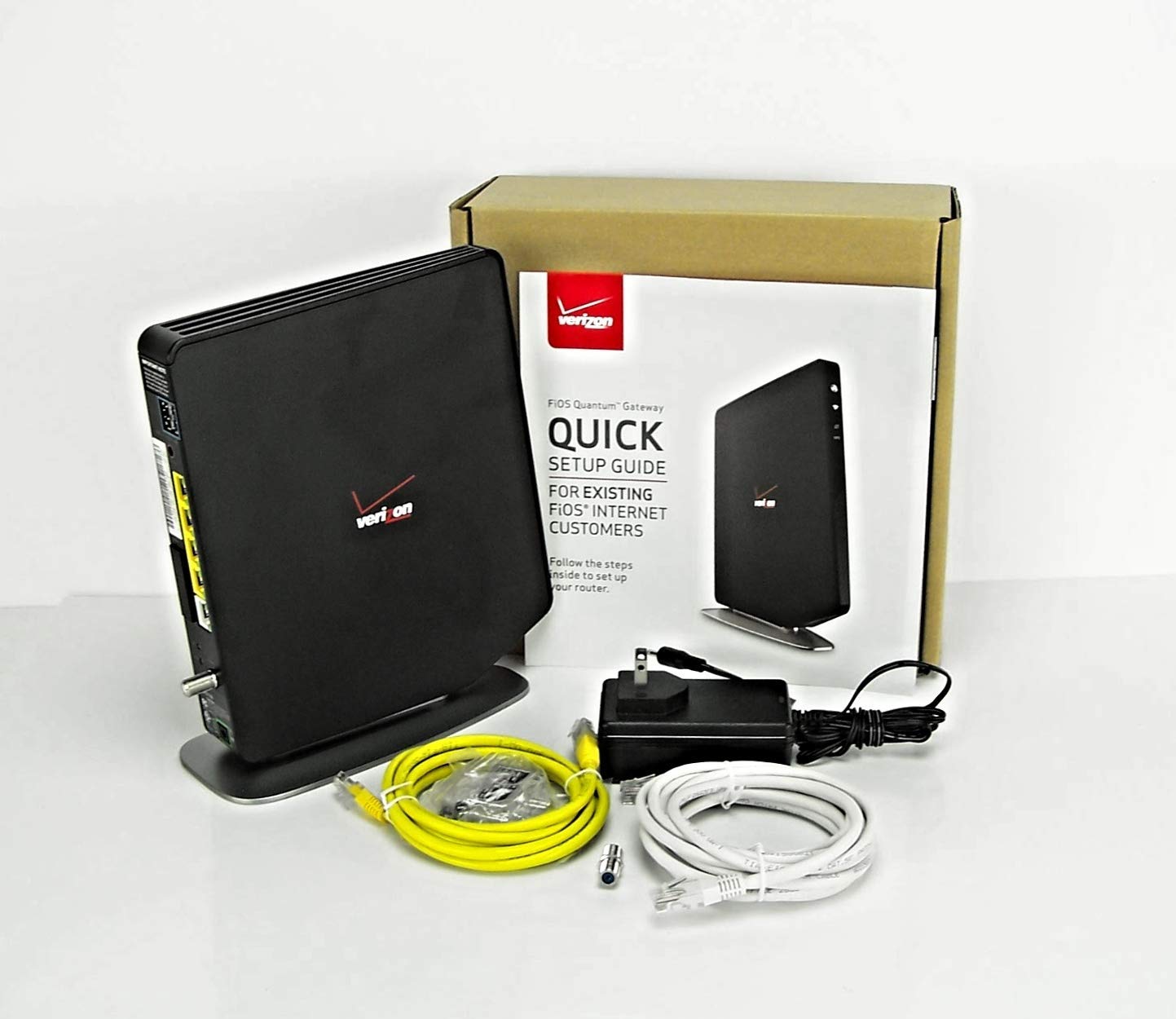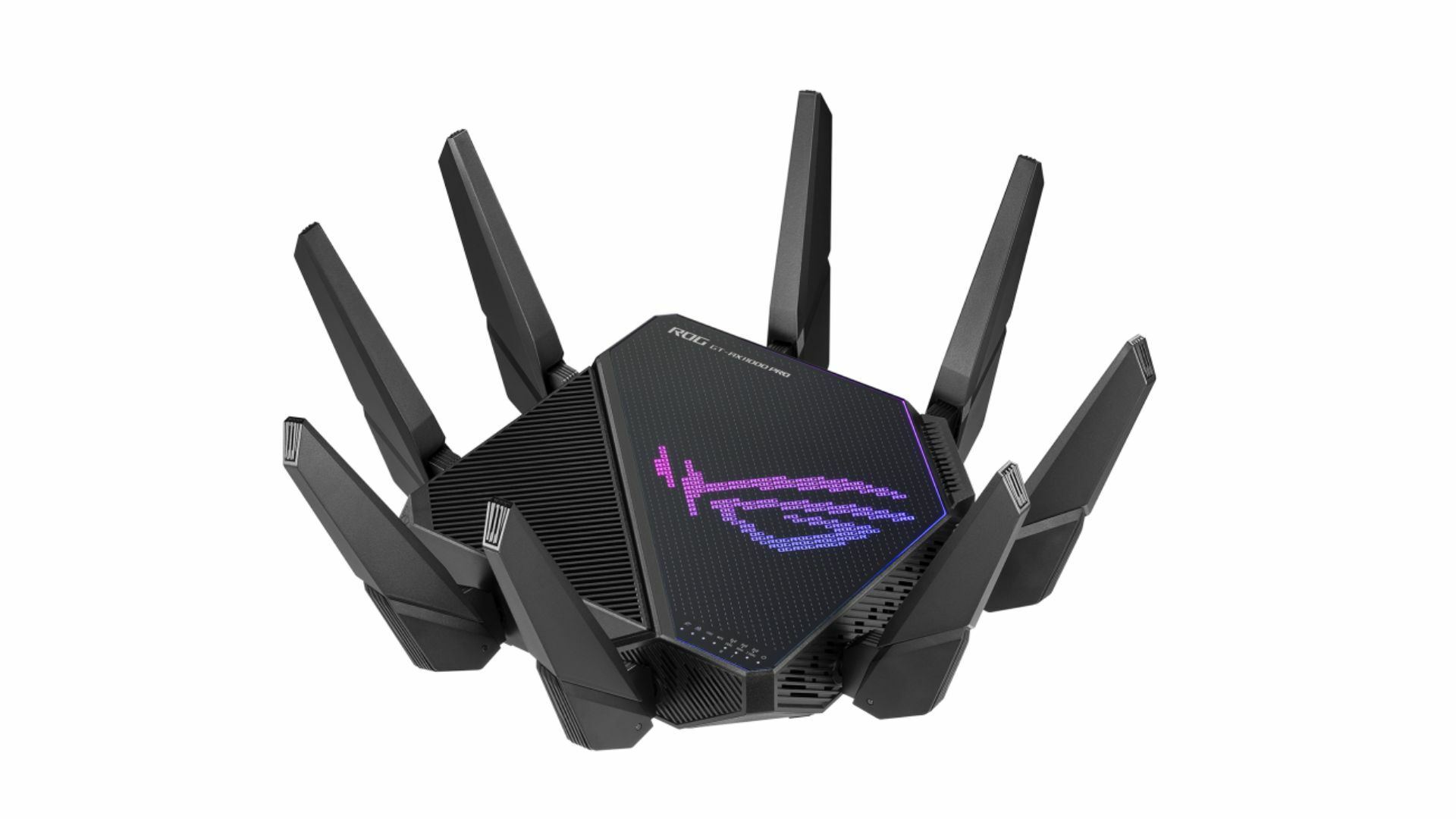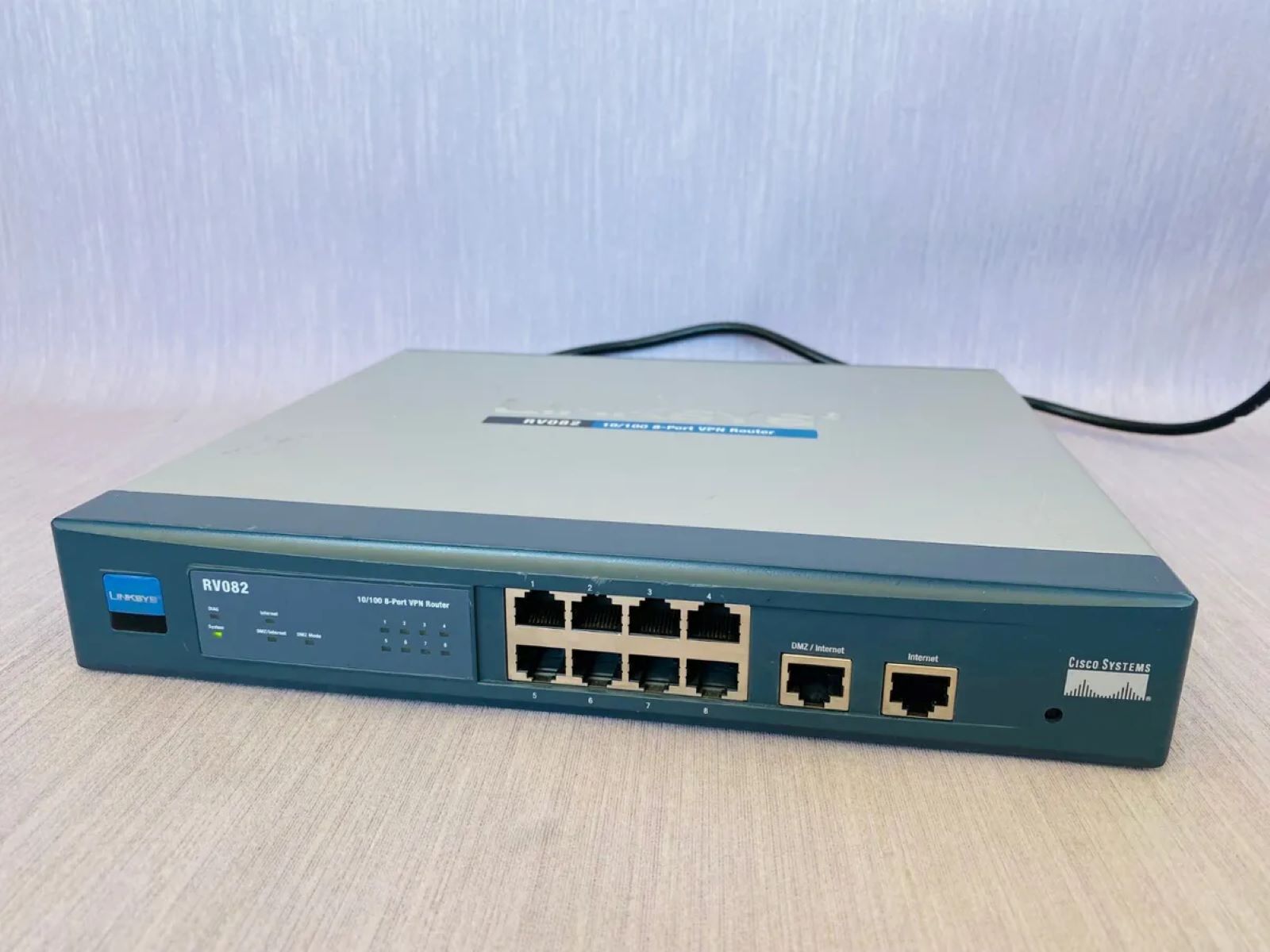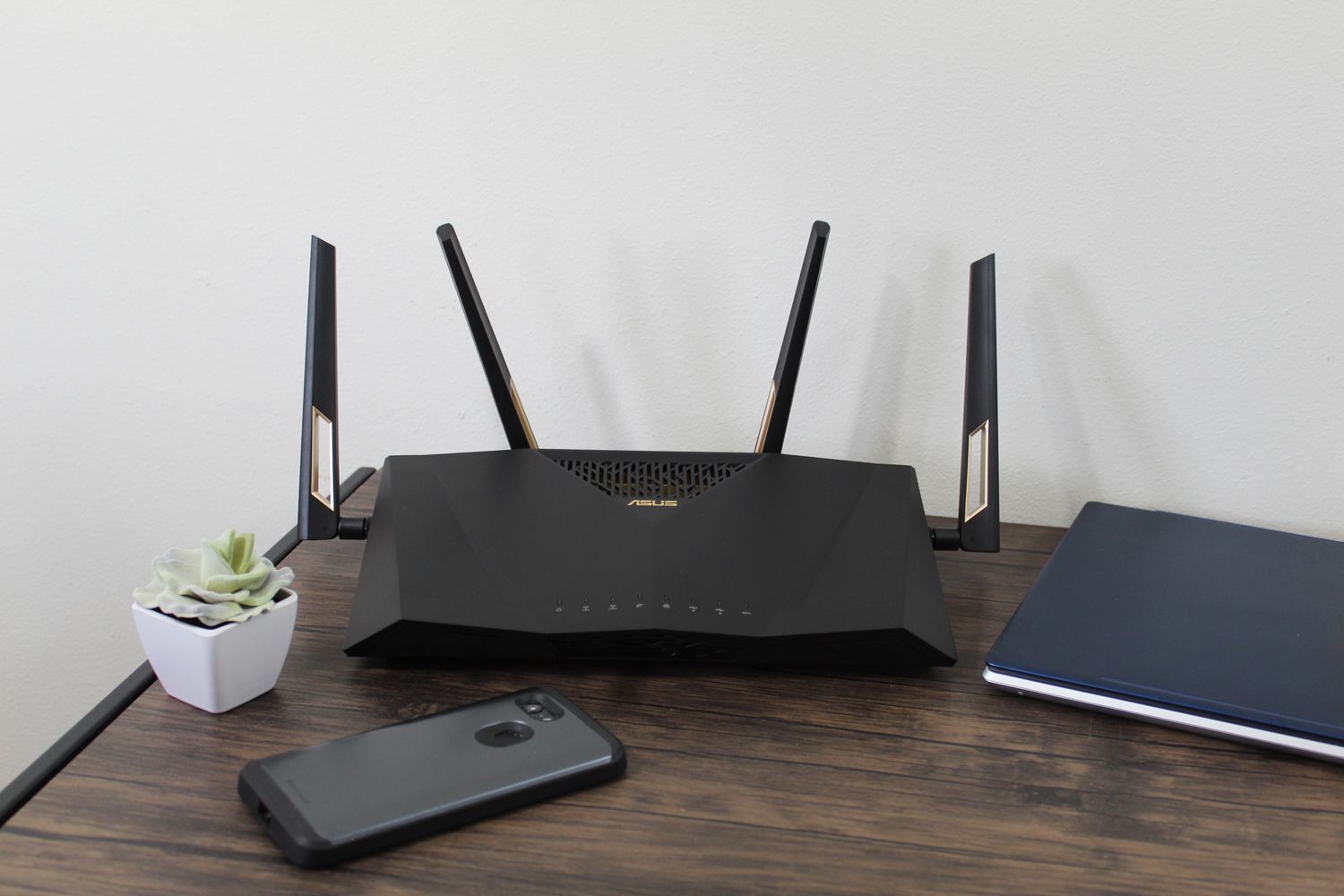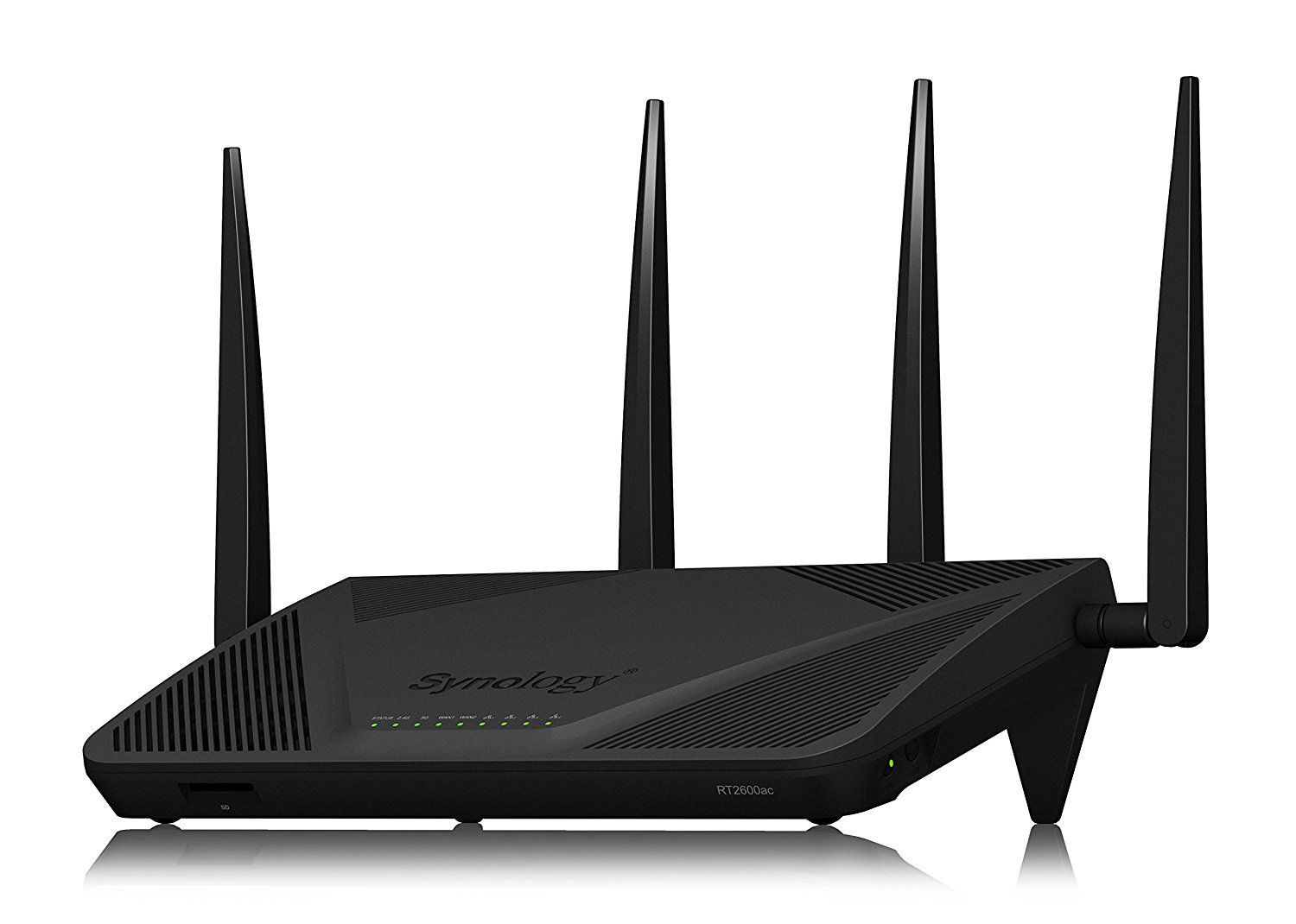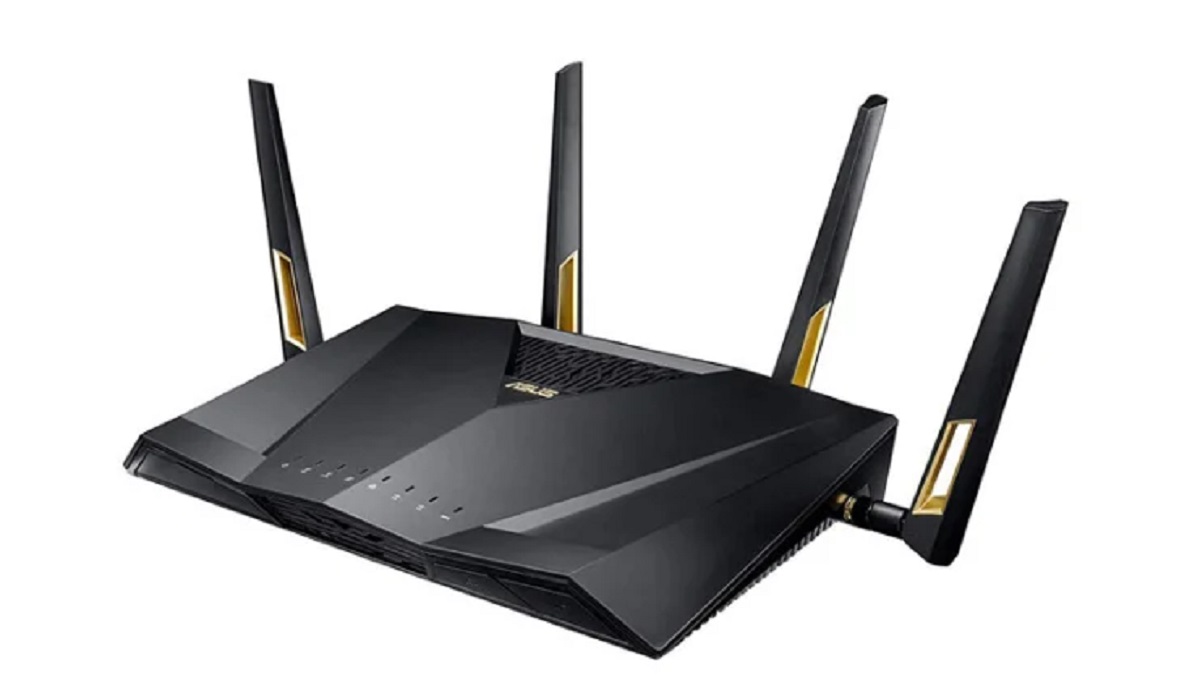Introduction
Welcome to the world of AT&T routers! If you’ve ever wondered about the routers that power the vast AT&T network, you’ve come to the right place. In this article, we’ll explore the importance of knowing what routers AT&T uses and delve into the fascinating world of network infrastructure.
In today’s digitally connected world, reliable and efficient network connectivity is crucial for businesses and individuals alike. AT&T, being one of the largest telecommunications companies in the United States, operates an extensive network that spans across the country. At the heart of this network are powerful routers that play a vital role in delivering data packets to their intended destinations.
Understanding the routers used by AT&T is important for several reasons. Firstly, it allows us to comprehend the capabilities and reliability of the network infrastructure. By knowing the routers employed by AT&T, we gain insights into the technologies and features that enable seamless connectivity, ensuring a positive user experience for AT&T customers.
Secondly, knowledge about the routers used by AT&T provides valuable information for businesses and organizations that rely on AT&T’s network services. Whether it’s optimizing network performance, troubleshooting connectivity issues, or selecting the right equipment for integration with the AT&T network, having an understanding of the routers involved is crucial.
Lastly, keeping up-to-date with the routers used by AT&T allows tech enthusiasts to stay informed about the latest advancements in network technology. As AT&T continues to innovate and upgrade its infrastructure, knowing which routers are at the forefront of these developments can be fascinating and informative.
In the following sections of this article, we’ll dive deeper into the specific router brands that are employed by AT&T. We’ll take a closer look at Cisco routers, Juniper routers, Adtran routers, and explore other routers that are utilized within the AT&T network. So, let’s get started and uncover the fascinating world of AT&T routers!
Why it’s important to know what routers AT&T uses
Knowing what routers AT&T uses is crucial for several reasons. Let’s explore why understanding the routers employed by AT&T is of utmost importance:
1. Network Performance: The routers used by AT&T play a vital role in determining the performance and reliability of their network. Routers are responsible for directing network traffic efficiently, ensuring that data packets reach their intended destinations in a timely manner. By knowing the specific routers used by AT&T, businesses and individuals can gauge the network’s capabilities and make informed decisions about utilizing AT&T’s services.
2. Troubleshooting Connectivity Issues: In the event of network connectivity issues, having knowledge about the routers used by AT&T can simplify the troubleshooting process. Understanding the specific router models and their functionalities can help IT professionals and technicians identify potential causes of connectivity problems and implement appropriate solutions more effectively.
3. Selecting Compatible Equipment: Businesses that rely on AT&T’s network services may need to integrate their own equipment, such as firewalls or VPN appliances, into the network infrastructure. Being aware of the routers that AT&T uses enables organizations to select compatible equipment that seamlessly integrates with the network, avoiding compatibility issues and ensuring smooth operations.
4. Advancements in Network Technology: The world of network technology is constantly evolving, with new advancements being made regularly. By knowing the routers employed by AT&T, tech enthusiasts can stay updated on the latest developments in networking. This knowledge can be both fascinating and useful in understanding the future direction of network infrastructure and the potential benefits it may bring.
5. Collaboration and Integration: In today’s interconnected world, collaborations and integrations between different networks often occur. When working with or integrating with AT&T’s network, knowing the routers employed by them provides valuable insights into compatibility and interoperability. This makes it easier to establish seamless connections and streamline operations between different networks.
By understanding what routers AT&T uses and the implications of their selection, businesses, IT professionals, and network enthusiasts can make informed decisions, enhance network performance, troubleshoot issues effectively, and stay ahead of the curve in the ever-evolving world of network technology.
Understanding the role of routers in a network
Routers are the backbone of any network infrastructure, including AT&T’s vast network. To fully comprehend the significance of knowing what routers AT&T uses, it’s essential to understand the role that routers play in a network.
1. Traffic Direction: Routers are responsible for directing network traffic efficiently. When data packets are sent across a network, routers analyze the destination IP addresses and determine the most optimal path for the packets to reach their intended destinations. By making intelligent routing decisions, routers ensure that data is transmitted smoothly and reaches its destination in the shortest time possible.
2. Data Segmentation: Routers facilitate the segmentation of networks into smaller subnets. This segmentation allows for efficient management of network resources and improves network security by isolating traffic within individual subnets. Routers can also control the flow of data between different subnets, ensuring that only authorized traffic is allowed to pass through.
3. Network Address Translation (NAT): Routers often perform NAT, which is the translation of IP addresses between different networks. NAT allows multiple devices within a private network to share a single public IP address. This feature ensures that the limited number of available public IP addresses is utilized efficiently and enables devices within a private network to access the internet.
4. Network Segmentation: Routers enable the creation of virtual local area networks (VLANs), which divide a physical network into logically separate networks. VLANs offer enhanced security, as devices within a VLAN can only communicate with each other, minimizing the risk of unauthorized access. Furthermore, VLANs improve network performance by reducing broadcast traffic and optimizing network resources.
5. Quality of Service (QoS): Routers support QoS functionality, which allows for the prioritization of network traffic based on specific parameters. This capability ensures that critical applications, such as voice or video conferencing, receive higher priority over less time-sensitive data. By prioritizing network traffic, routers enhance the overall performance and user experience of the network.
Understanding the role of routers in a network is crucial for comprehending their importance in the context of AT&T’s network infrastructure. Routers serve as the gatekeepers, efficiently directing data packets, managing network resources, and enhancing network security. By knowing the routers used by AT&T, businesses, IT professionals, and network enthusiasts can gain insights into the capabilities and functionalities that drive the network, enabling them to make informed decisions, troubleshoot issues effectively, and optimize network performance.
Cisco Routers used by AT&T
Cisco is a leading provider of networking equipment and solutions, and their routers are widely deployed across various networks, including AT&T’s network infrastructure. Let’s take a closer look at the Cisco routers used by AT&T:
1. Cisco ASR Series: AT&T utilizes Cisco’s ASR (Aggregation Services Router) series routers. These routers are designed to meet the demands of high-performance networks and provide advanced features for scalability, reliability, and security. The ASR series routers offer high-speed data forwarding, support for multiple protocols, and extensive service integration capabilities, making them ideal for handling AT&T’s network traffic.
2. Cisco ISR Series: The Cisco ISR (Integrated Services Router) series routers are also deployed by AT&T. These routers are known for their versatility and ability to integrate various networking services, such as security, WAN optimization, and voice/video capabilities, into a single platform. The ISR series routers offer robust performance, enhanced security features, and flexible deployment options, making them well-suited for AT&T’s network requirements.
3. Cisco NCS Series: AT&T also utilizes Cisco’s NCS (Network Convergence System) series routers. These routers are specifically designed for carrier-grade networks and are capable of handling massive amounts of data traffic. The NCS series routers offer high-density interfaces, sophisticated traffic management features, and support for advanced technologies like Segment Routing (SR) and Network Functions Virtualization (NFV).
4. Cisco ASR 9000 Series: The Cisco ASR 9000 series routers are another prominent router line used by AT&T. These routers are designed for high-performance data centers and service provider networks. The ASR 9000 series routers offer industry-leading scalability, massive forwarding capacity, and extensive service integration options. They are capable of delivering high-speed connectivity, supporting a wide range of advanced network services, and scaling to meet the growing demands of AT&T’s network.
Cisco routers are known for their reliability, performance, and rich feature sets, which align with the requirements of AT&T’s network infrastructure. By utilizing Cisco routers, AT&T can leverage the brand’s extensive experience in networking and benefit from the continuous innovations and advancements that Cisco brings to the industry.
Overall, the use of Cisco routers by AT&T underscores the importance of choosing reliable and proven networking equipment to power a vast and highly demanding network infrastructure. Cisco’s routers provide the necessary performance, scalability, and security features to ensure that AT&T’s network operates with the utmost efficiency and reliability.
Juniper Routers used by AT&T
Juniper Networks is a well-known provider of networking solutions, and their routers are widely deployed in various networks, including AT&T’s network infrastructure. Let’s explore the Juniper routers used by AT&T:
1. Juniper MX Series: AT&T utilizes Juniper’s MX (M-series) series routers, which are designed for service provider networks. These routers offer high-performance forwarding, scalability, and extensive service integration capabilities. The MX series routers provide advanced features for traffic management, service provisioning, and network security. With their modular architecture and support for various interface types, the MX series routers are well-suited for AT&T’s diverse network requirements.
2. Juniper PTX Series: The Juniper PTX (Packet Transport Router) series routers are also deployed by AT&T. These routers are designed for high-capacity, high-density networks, making them ideal for service provider environments. The PTX series routers offer exceptional packet and optical transport convergence, enabling efficient packet switching and transport of data across the network. With their focus on scalability, automation, and programmability, the PTX series routers deliver the performance and flexibility required by AT&T’s network demands.
3. Juniper ACX Series: AT&T utilizes Juniper’s ACX (Access) series routers for access network deployments. These routers are designed for delivering high-quality broadband services to residential and business customers. The ACX series routers offer flexibility in access technologies, such as Ethernet, DSL, and fiber, and provide carrier-class reliability and service intelligence. With their compact form factor and extensive feature set, the ACX series routers enable AT&T to deliver efficient and reliable access connectivity to its customers.
4. Juniper QFX Series: The Juniper QFX (QFabric) series switches, which can also be considered as routers, are used by AT&T to support their data center networking requirements. The QFX series switches provide a high-performance and scalable fabric architecture that enables efficient data center operations. With features like virtualized networking and simplified management, the QFX series switches allow AT&T to build a robust and agile data center infrastructure.
The use of Juniper routers by AT&T highlights the effectiveness of Juniper’s networking solutions in meeting the demands of large-scale networking environments. With their focus on scalability, reliability, and flexibility, Juniper routers enable AT&T to deliver efficient and high-performing network services to their customers.
By leveraging Juniper’s innovative technology, AT&T benefits from the advanced capabilities, automation features, and robust security offered by Juniper routers. The Juniper routers used by AT&T are a testament to the collaboration between two industry leaders to create a network infrastructure capable of delivering seamless connectivity and exceptional user experiences.
Adtran Routers used by AT&T
Adtran, a trusted provider of networking and communications equipment, is also utilized by AT&T in their network infrastructure. Let’s explore the Adtran routers used by AT&T:
1. Adtran Bluesocket V-Series: AT&T deploys Adtran’s Bluesocket V-Series routers, which are specifically designed for wireless networks. The V-Series routers offer advanced features for secure wireless connectivity, including seamless roaming, BYOD (Bring Your Own Device) support, and centralized management. These routers are equipped with powerful wireless access controllers and support various Wi-Fi standards, allowing AT&T to provide reliable and efficient wireless connectivity to their customers.
2. Adtran NetVanta Series: The Adtran NetVanta series routers are also used by AT&T. These routers are designed for small to medium-sized businesses and offer a wide range of networking features and services. The NetVanta series routers provide secure internet connectivity, integrated firewall and VPN capabilities, and support for Voice over IP (VoIP) services. With their compact form factor and comprehensive feature set, the NetVanta series routers are well-suited for AT&T’s business customers.
3. Adtran Total Access Series: AT&T utilizes Adtran’s Total Access series routers to support their broadband and voice services. These routers offer high-density interfaces for various access technologies, such as DSL, fiber, and T1/E1, enabling AT&T to deliver reliable and high-speed internet and telephony services to their customers. The Total Access series routers also provide advanced features for traffic management, quality of service, and legacy service migration.
4. Adtran NV Series: Another router series used by AT&T is the Adtran NV series. These routers are designed for high-performance broadband networking and provide advanced features for carrier-class reliability and scalability. The NV series routers offer comprehensive connectivity options, including Ethernet, DSL, and cellular, and support various routing protocols. With their focus on performance and flexibility, the NV series routers enable AT&T to deliver efficient and scalable broadband solutions.
Adtran routers used by AT&T demonstrate the diversity of networking solutions provided by Adtran and their alignment with AT&T’s specific network requirements. By leveraging Adtran’s routers, AT&T can deliver reliable and feature-rich networking services to their customers across different business segments and network settings.
The collaboration between AT&T and Adtran highlights the commitment to delivering dependable and innovative network solutions that cater to the evolving needs of today’s businesses and consumers. The use of Adtran routers by AT&T ensures a robust network infrastructure with the necessary capabilities and flexibility to support a wide range of connectivity options and deliver an exceptional user experience.
Other routers used by AT&T
In addition to Cisco, Juniper, and Adtran routers, AT&T also utilizes a variety of other routers to power their expansive network infrastructure. Let’s explore some of the other routers utilized by AT&T:
1. Nokia (formerly Alcatel-Lucent) Routers: AT&T incorporates Nokia routers into their network infrastructure. Nokia’s routers provide high-performance and scalable solutions for service provider networks. These routers offer advanced features for IP/MPLS routing, high-speed packet forwarding, and service integration. With their robust capabilities, Nokia routers enable AT&T to handle the demands of their network traffic efficiently.
2. Huawei Routers: AT&T also utilizes routers from Huawei, a prominent networking equipment provider. Huawei routers offer a wide range of features, including high-speed data forwarding, carrier-grade reliability, and support for advanced technologies like IPv6 and Software-Defined Networking (SDN). The use of Huawei routers allows AT&T to leverage the company’s expertise and technology advancements in routing solutions.
3. ZTE Routers: ZTE is another vendor whose routers are employed by AT&T. ZTE routers offer carrier-grade performance, scalability, and extensive service integration capabilities. These routers are designed for high-volume networks and provide features like traffic engineering, advanced network security, and quality of service management. ZTE routers enable AT&T to handle large-scale network deployments robustly.
4. Arista Networks Routers: AT&T incorporates routers from Arista Networks into their data center infrastructure. Arista routers are known for their high-performance, low-latency, and extensive integration with software-defined networking (SDN) solutions. These routers are purpose-built for modern data centers and provide advanced features for efficient packet forwarding, network virtualization, and automation capabilities.
By utilizing a combination of routers from different vendors, AT&T can leverage the strengths and innovations offered by various networking equipment providers. This diversity ensures that AT&T’s network infrastructure is equipped with the best-suited routers to handle the numerous demands of their network traffic.
Furthermore, AT&T’s selection of routers from multiple vendors showcases their commitment to creating a robust and resilient network infrastructure. By incorporating routers from different suppliers, AT&T can mitigate risks and ensure a high level of redundancy in their network design.
Overall, the use of other routers by AT&T demonstrates the company’s dedication to implementing a diverse range of networking equipment, allowing them to deliver efficient and reliable network services to their customers across different network segments and settings.
Conclusion
Understanding the routers used by AT&T is crucial for various reasons. By knowing the specific routers employed by AT&T, businesses, IT professionals, and network enthusiasts can gain insights into the capabilities and functionalities that drive the network, enabling them to make informed decisions, troubleshoot issues effectively, and optimize network performance.
We explored the routers employed by AT&T, including Cisco routers, Juniper routers, Adtran routers, and other routers from vendors like Nokia, Huawei, ZTE, and Arista Networks. Each of these routers brings its own unique set of features and capabilities that contribute to AT&T’s network infrastructure.
Cisco routers, renowned for their reliability and performance, are well-suited for handling the demands of AT&T’s network traffic. Juniper routers provide scalability, flexibility, and advanced features, making them ideal for AT&T’s service provider networks. Adtran routers deliver reliable and high-speed connectivity with features tailored for wireless, access, and broadband services.
AT&T’s use of other routers, such as those from Nokia, Huawei, ZTE, and Arista Networks, showcases their commitment to incorporating a diverse range of networking equipment to meet different network requirements, enhance performance, and ensure redundancy.
By knowing what routers AT&T uses, businesses can understand the capabilities and reliability of AT&T’s network infrastructure and make informed decisions about utilizing AT&T’s services. IT professionals can troubleshoot connectivity issues effectively and select compatible equipment for integration with the AT&T network. Network enthusiasts can stay informed about the latest advancements in networking technology.
In conclusion, knowing what routers AT&T uses provides valuable insights into the network’s capabilities, enables efficient troubleshooting, facilitates the selection of compatible equipment, and keeps individuals updated on the latest advancements in network technology. By leveraging the strengths of various router vendors, AT&T ensures a robust and resilient network infrastructure capable of powering their extensive communication services effectively.









